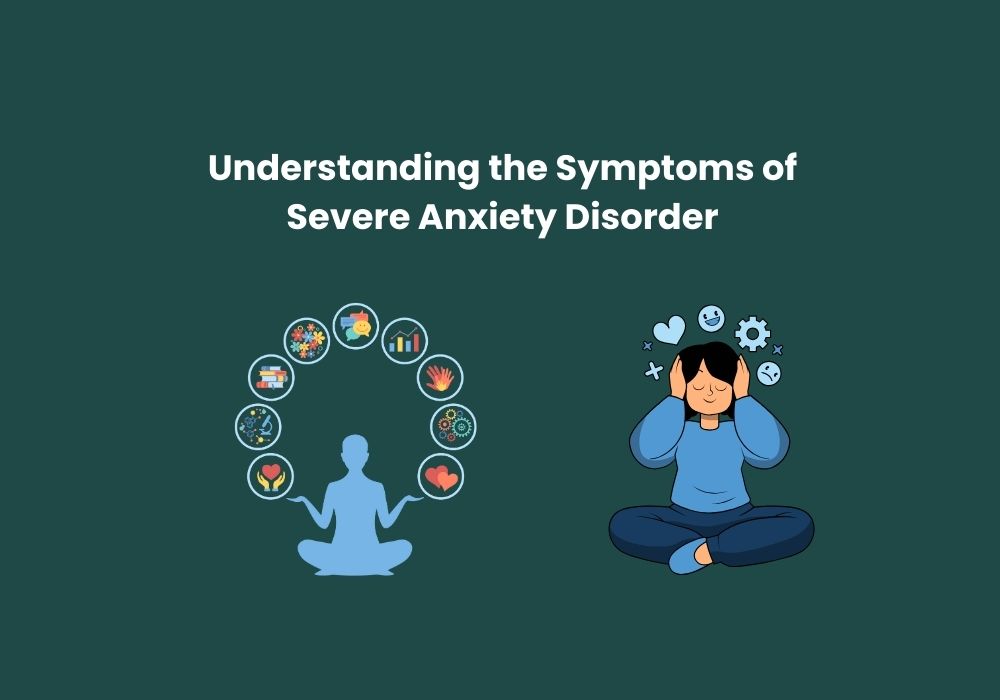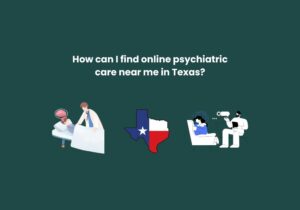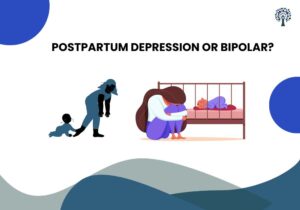Anxiety is a common emotion that everyone experiences from time to time. However, when anxiety becomes overwhelming and persistent, it can interfere with daily activities and quality of life. Severe anxiety disorder, also known as generalized anxiety disorder (GAD), is a chronic condition characterized by excessive, uncontrollable worry about various aspects of life. Understanding the symptoms of severe anxiety disorder is crucial for early intervention and effective treatment.
Before reading this blog, check out our previous post on Understanding and Treating Obsessive-Compulsive Disorder (OCD). OCD is a chronic mental health condition marked by intrusive thoughts (obsessions) and repetitive behaviors (compulsions).
Common Symptoms of Severe Anxiety Disorder
Severe anxiety disorder manifests through a variety of physical, emotional, and behavioral symptoms. These symptoms can be debilitating and may significantly impact an individual’s functioning ability.
Physical Symptoms
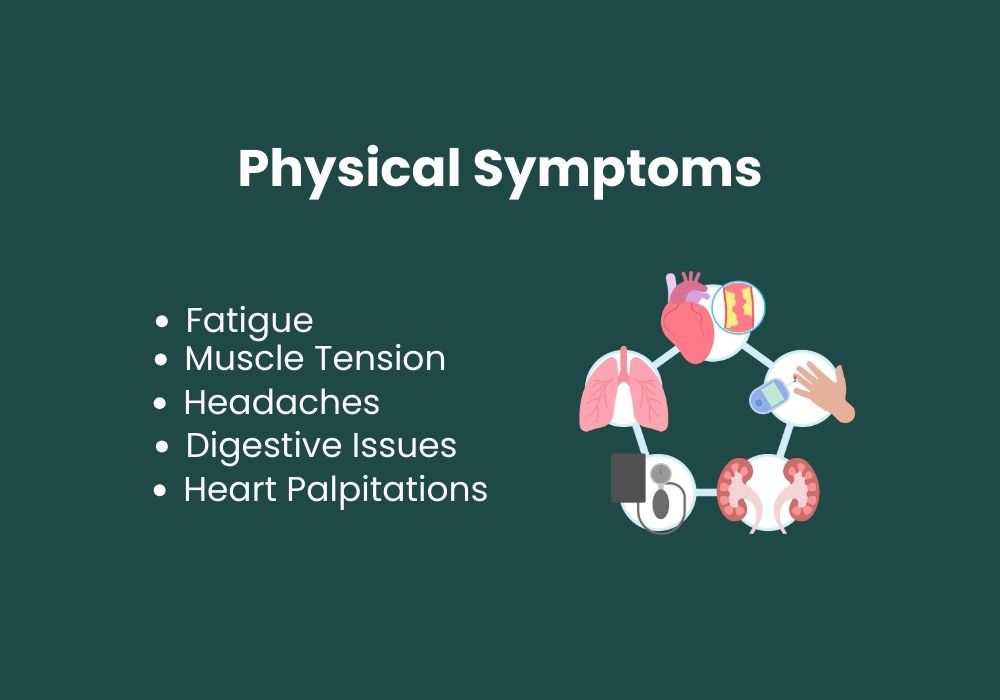
- Fatigue: Persistent tiredness that doesn’t improve with rest is a common symptom. Individuals with severe anxiety often feel exhausted due to the constant state of tension and worry.
- Muscle Tension: Chronic anxiety often leads to muscle tension, especially in the neck, shoulders, and back. This can result in pain and discomfort.
- Headaches: Frequent headaches or migraines can occur due to ongoing stress and tension.
- Digestive Issues: Anxiety can cause a range of digestive problems, including nausea, diarrhea, and irritable bowel syndrome (IBS).
- Sweating and Trembling: Excessive sweating and trembling are common physical manifestations of severe anxiety.
- Heart Palpitations: Individuals may experience a rapid heartbeat or palpitations, which can be mistaken for heart problems.
- Shortness of Breath: Difficulty breathing or a feeling of suffocation can be alarming and may lead to panic attacks.
Emotional Symptoms
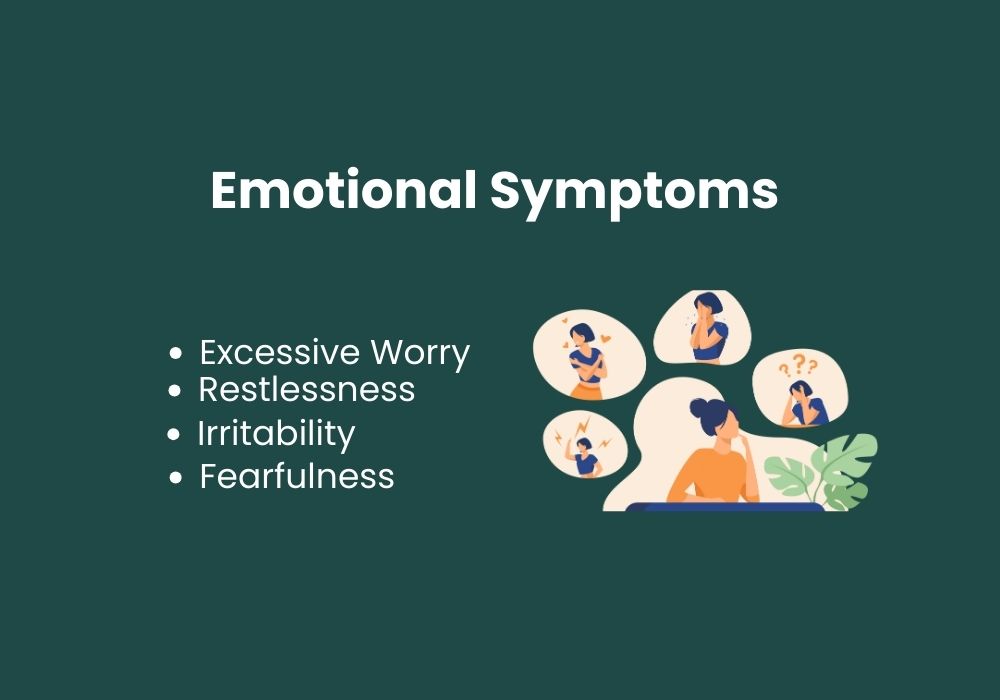
- Excessive Worry: Persistent and excessive worry about everyday situations, even when there is little or no reason to worry, is a hallmark symptom of severe anxiety disorder.
- Restlessness: Individuals with severe anxiety often feel restless or on edge, making it difficult to relax or sit still.
- Irritability: Increased irritability and frustration are common, often due to the constant strain of managing anxiety.
- Fearfulness: A heightened sense of fear or dread can overshadow daily life, leading to avoidance of certain situations or activities.
Cognitive Symptoms
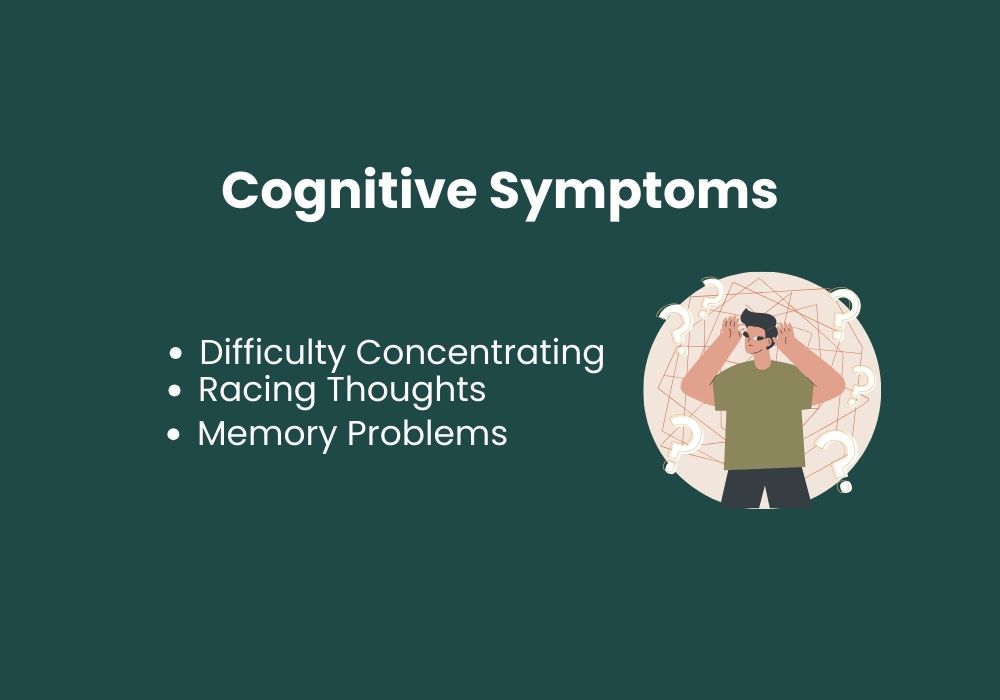
- Difficulty Concentrating: Anxiety can make it challenging to focus or concentrate on tasks, affecting productivity and performance.
- Racing Thoughts: The mind may be flooded with a constant stream of anxious thoughts, making it hard to think clearly.
- Memory Problems: Severe anxiety can impact short-term memory, making it difficult to retain information.
Behavioral Symptoms
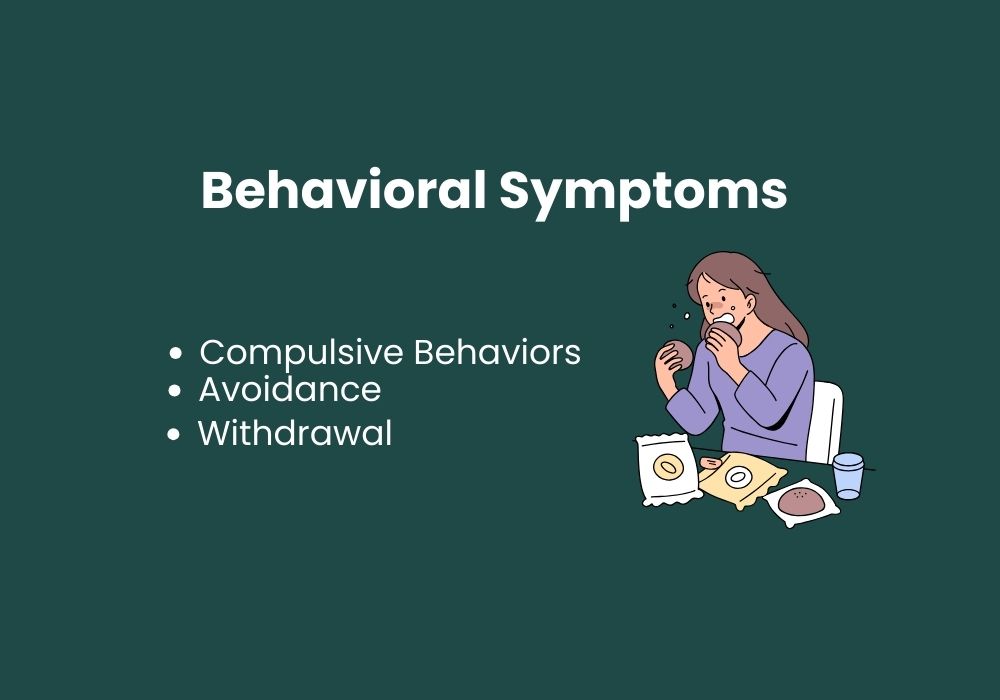
- Avoidance: Avoiding situations or places that trigger anxiety is a common coping mechanism, but it can limit daily activities and social interactions.
- Compulsive Behaviors: Some individuals may develop compulsive behaviors or rituals in an attempt to manage their anxiety.
- Withdrawal: Withdrawing from social activities, work, or relationships can occur as individuals attempt to avoid anxiety-provoking situations.
Evidence-Based Treatments for Severe Anxiety Disorder
When to Seek Help
If you or someone you know is experiencing these symptoms of severe anxiety disorder, it is essential to seek professional help. Early intervention can prevent the condition from worsening and improve the overall quality of life. At Peniel Psychiatry, our team of experienced mental health professionals is dedicated to providing compassionate care and effective treatment for anxiety disorders.
Treatment Options
Treatment for severe anxiety disorder typically includes a combination of therapy and medication. Cognitive-behavioral therapy (CBT) is a highly effective therapeutic approach that helps individuals identify and challenge negative thought patterns. Medications, such as selective serotonin reuptake inhibitors (SSRIs) or benzodiazepines, may be prescribed to help manage symptoms.
In addition to professional treatment, self-care strategies such as regular exercise, healthy eating, mindfulness, and stress management techniques can support recovery and improve well-being.
Conclusion
Severe anxiety disorder is a challenging condition, but with the right support and treatment, individuals can lead fulfilling lives. If you are struggling with anxiety, Peniel Psychiatry is here to help. Contact us today to schedule an appointment and take the first step towards a healthier, calmer future.
